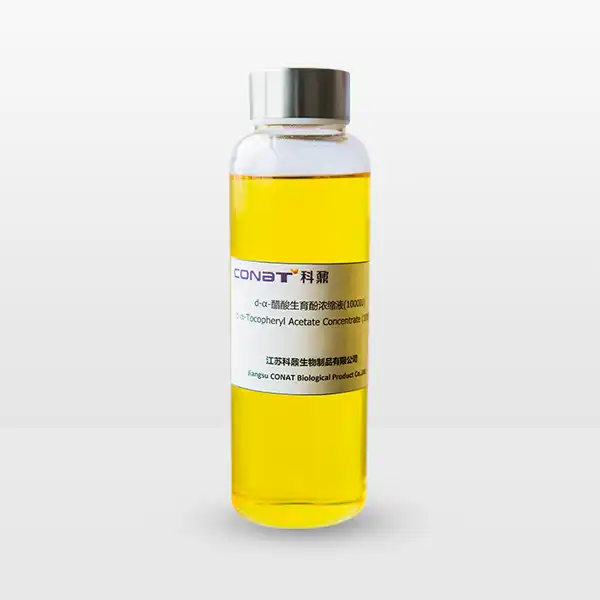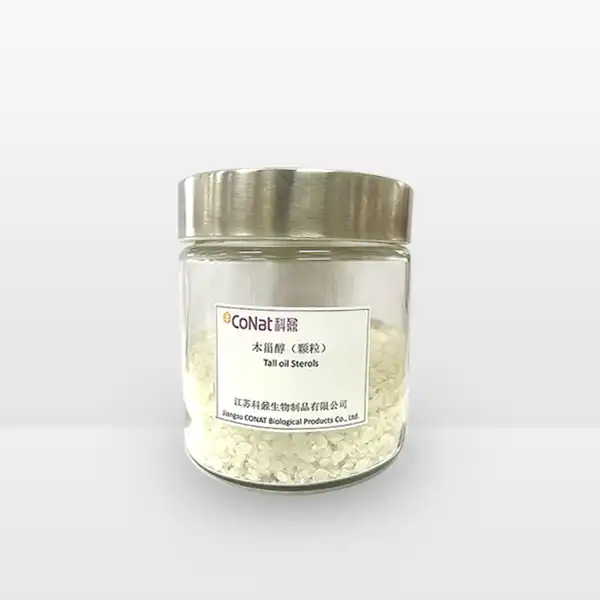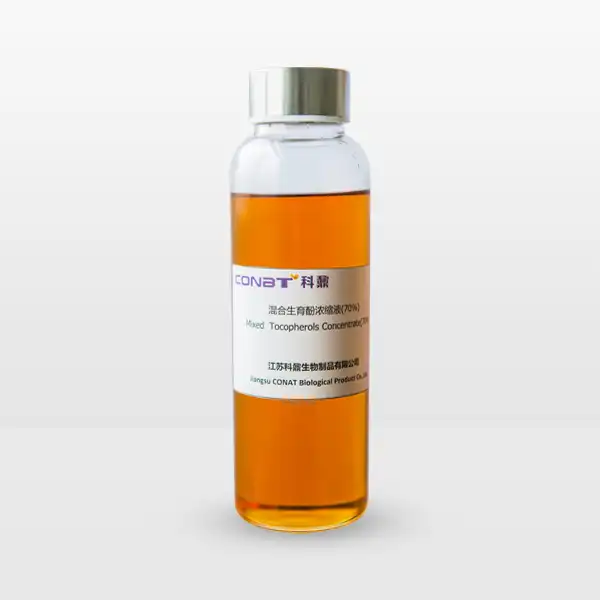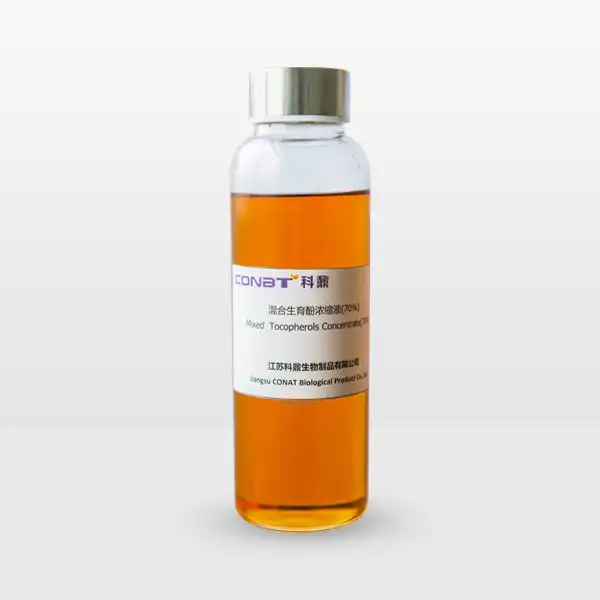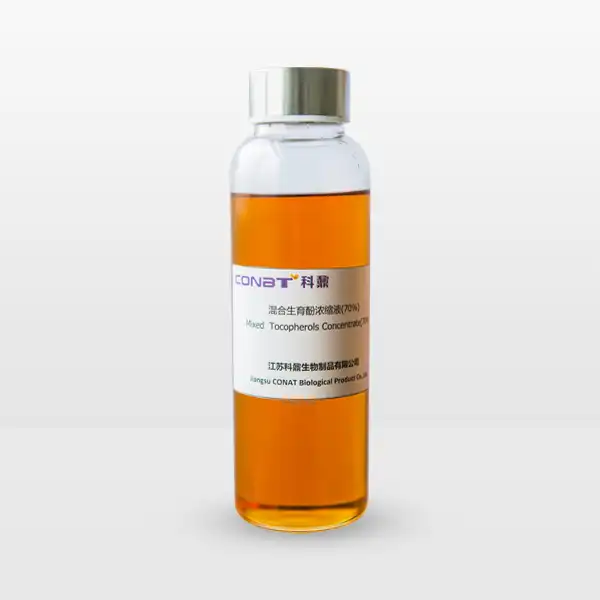- English
- French
- German
- Portuguese
- Spanish
- Russian
- Japanese
- Korean
- Arabic
- Greek
- German
- Turkish
- Italian
- Danish
- Romanian
- Indonesian
- Czech
- Afrikaans
- Swedish
- Polish
- Basque
- Catalan
- Esperanto
- Hindi
- Lao
- Albanian
- Amharic
- Armenian
- Azerbaijani
- Belarusian
- Bengali
- Bosnian
- Bulgarian
- Cebuano
- Chichewa
- Corsican
- Croatian
- Dutch
- Estonian
- Filipino
- Finnish
- Frisian
- Galician
- Georgian
- Gujarati
- Haitian
- Hausa
- Hawaiian
- Hebrew
- Hmong
- Hungarian
- Icelandic
- Igbo
- Javanese
- Kannada
- Kazakh
- Khmer
- Kurdish
- Kyrgyz
- Latin
- Latvian
- Lithuanian
- Luxembou..
- Macedonian
- Malagasy
- Malay
- Malayalam
- Maltese
- Maori
- Marathi
- Mongolian
- Burmese
- Nepali
- Norwegian
- Pashto
- Persian
- Punjabi
- Serbian
- Sesotho
- Sinhala
- Slovak
- Slovenian
- Somali
- Samoan
- Scots Gaelic
- Shona
- Sindhi
- Sundanese
- Swahili
- Tajik
- Tamil
- Telugu
- Thai
- Ukrainian
- Urdu
- Uzbek
- Vietnamese
- Welsh
- Xhosa
- Yiddish
- Yoruba
- Zulu
What is a natural source of phytosterol?
Phytosterols are plant-derived compounds that resemble cholesterol in structure and function. They have garnered significant attention due to their potential health benefits, particularly in reducing cholesterol levels and promoting cardiovascular health. In this blog, we will explore natural sources of phytosterol, focusing on the concept of Pure Phytosterol Particles, their significance, and how they can be incorporated into a healthy diet.
Understanding Phytosterols and Their Benefits
Phytosterols, also known as plant sterols, are naturally occurring substances found in various plants. They play a vital role in plant metabolism and contribute to the rigidity of plant cell membranes. These compounds are not only important for plants but have also been shown to offer various health benefits for humans. Research indicates that phytosterols can help lower LDL cholesterol levels, improve heart health, and even have anti-inflammatory properties.
Incorporating phytosterols into your diet can provide numerous health benefits:
-
Cholesterol Reduction: Phytosterols compete with cholesterol for absorption in the intestine, leading to a decrease in cholesterol levels in the bloodstream.
-
Cardiovascular Health: Lower cholesterol levels contribute to better heart health, reducing the risk of heart disease.
-
Anti-inflammatory Effects: Some studies suggest that phytosterols may help reduce inflammation in the body, which is linked to various chronic diseases.
Phytosterols can be consumed in various forms, including enriched foods and supplements. Pure Phytosterol Particles are a concentrated form of phytosterols, often derived from natural sources, that can be easily incorporated into various food products.
Natural Sources of Phytosterol
Nuts and seeds are among the richest sources of phytosterols. These small powerhouses of nutrition not only provide healthy fats but also contain significant amounts of phytosterols.
-
Almonds: Almonds are packed with nutrients and contain a high level of phytosterols, making them an excellent snack for heart health.
-
Walnuts: Rich in omega-3 fatty acids and phytosterols, walnuts can contribute to lowering cholesterol levels while providing other essential nutrients.
-
Pumpkin Seeds: These nutrient-dense seeds are not only delicious but also a great source of phytosterols.
Many fruits and vegetables also contain phytosterols, albeit in smaller amounts compared to nuts and seeds.
-
Avocado: This creamy fruit is not only a source of healthy fats but also contains phytosterols that can aid in lowering cholesterol.
-
Broccoli: This cruciferous vegetable is rich in various nutrients, including phytosterols, and can be easily added to meals.
-
Carrots: While they may not be the highest source, carrots do contain phytosterols and are versatile for cooking or snacking.
Whole grains are another excellent source of phytosterols. They provide essential fiber and nutrients, contributing to overall health.
-
Oats: Oats are well-known for their heart-healthy benefits, and they also contain phytosterols that can help manage cholesterol levels.
-
Barley: This ancient grain is rich in fiber and phytosterols, making it a great addition to soups and salads.
-
Brown Rice: Unlike white rice, brown rice retains its bran layer, which is rich in phytosterols and other beneficial compounds.
How to Incorporate Phytosterols into Your Diet?
Eating a Balanced Diet: Incorporating phytosterol-rich foods into your daily diet is simple. Focus on a balanced diet that includes a variety of nuts, seeds, fruits, vegetables, and whole grains. By doing so, you can naturally increase your phytosterol intake while enjoying delicious and nutritious meals.
Choosing Fortified Foods: Many food manufacturers now offer products fortified with phytosterols. These fortified foods, such as margarine and yogurt, can provide an easy way to increase your phytosterol intake without making significant changes to your diet.
Considering Supplements: For those who struggle to get enough phytosterols from their diet, supplements containing Pure Phytosterol Particles are available. These supplements can help bridge the gap and ensure you receive adequate amounts of phytosterols for optimal health.
Conclusion
Phytosterols are an essential component of a healthy diet, offering numerous benefits, especially in cholesterol management and cardiovascular health. By incorporating natural sources of phytosterols, such as nuts, seeds, fruits, vegetables, and whole grains, you can improve your overall well-being. For those looking to maximize their phytosterol intake, considering Pure Phytosterol Particles from reputable manufacturers can be an effective strategy. At Jiangsu CONAT Biological Products Co., Ltd., we specialize in high-quality phytosterol products and are dedicated to providing you with the best options for your health.
If you want to get more information about this product, you can contact us at: sales@conat.cn.
References
-
Bhosale, P. et al. (2020). Phytosterols: A review of their role in human health.
-
Lichtenstein, A. H. et al. (2006). The American Heart Association Nutrition Committee: dietary guidelines.
-
Jones, P. J. et al. (1997). Dietary phytosterols: a review of their nutritional and health benefits.
-
Katan, M. B. et al. (2003). Cholesterol-lowering effects of plant sterols and stanols.
-
Nestel, P. J. et al. (2002). Effects of phytosterol consumption on cholesterol levels: a systematic review.
-
Schwartz, H. et al. (2014). Health effects of phytosterols and phytostanols in humans: A review.
